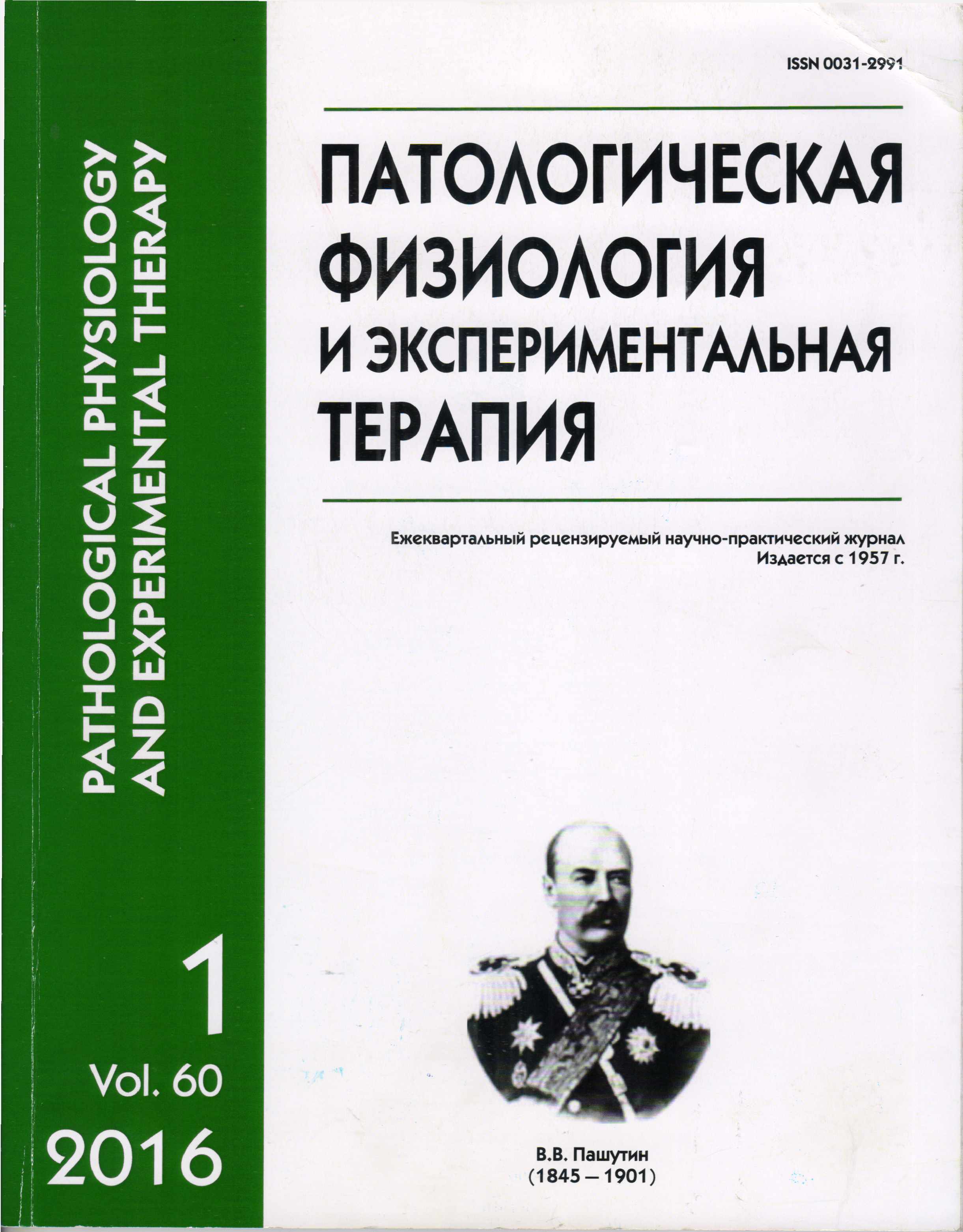Хроническое воздействие холода – адаптация без стресса
Ключевые слова:
холод, стресс, адаптацияАннотация
Установлено, что длительное непрерывное холодовое воздействие (+4оС, 24 ч/сут, 4 нед) вызывает у крыс увеличение массы бурого жира, гипертрофию надпочечников, селезенки и не влияет на уровни кортизола и кортикостерона в сыворотке крови. Язв желудка у этих крыс не наблюдалось. Хроническое прерывистое воздействие холода (+4оС, 8 ч/сут, 4 нед) способствует увеличению массы тела, бурого жира, селезенки, почек и сердца, язв желудка не наблюдалось, уровни кортизола и кортикостерона не изменялись. Кратковременное периодическое воздействие холода (+4оС, 1,5 ч/сут, 4 нед) не влияло на массу бурого жира, но способствовало увеличению массы теля, селезенки, почек и сердца, язв желудка не обнаружено, уровни кортизола и кортикостерона не изменялись.Загрузки
Опубликован
2016-03-22
Выпуск
Раздел
Оригинальные исследования
Как цитировать
[1]
2016. Хроническое воздействие холода – адаптация без стресса. Патологическая физиология и экспериментальная терапия. 60, 1 (Mar. 2016), 28–31.













